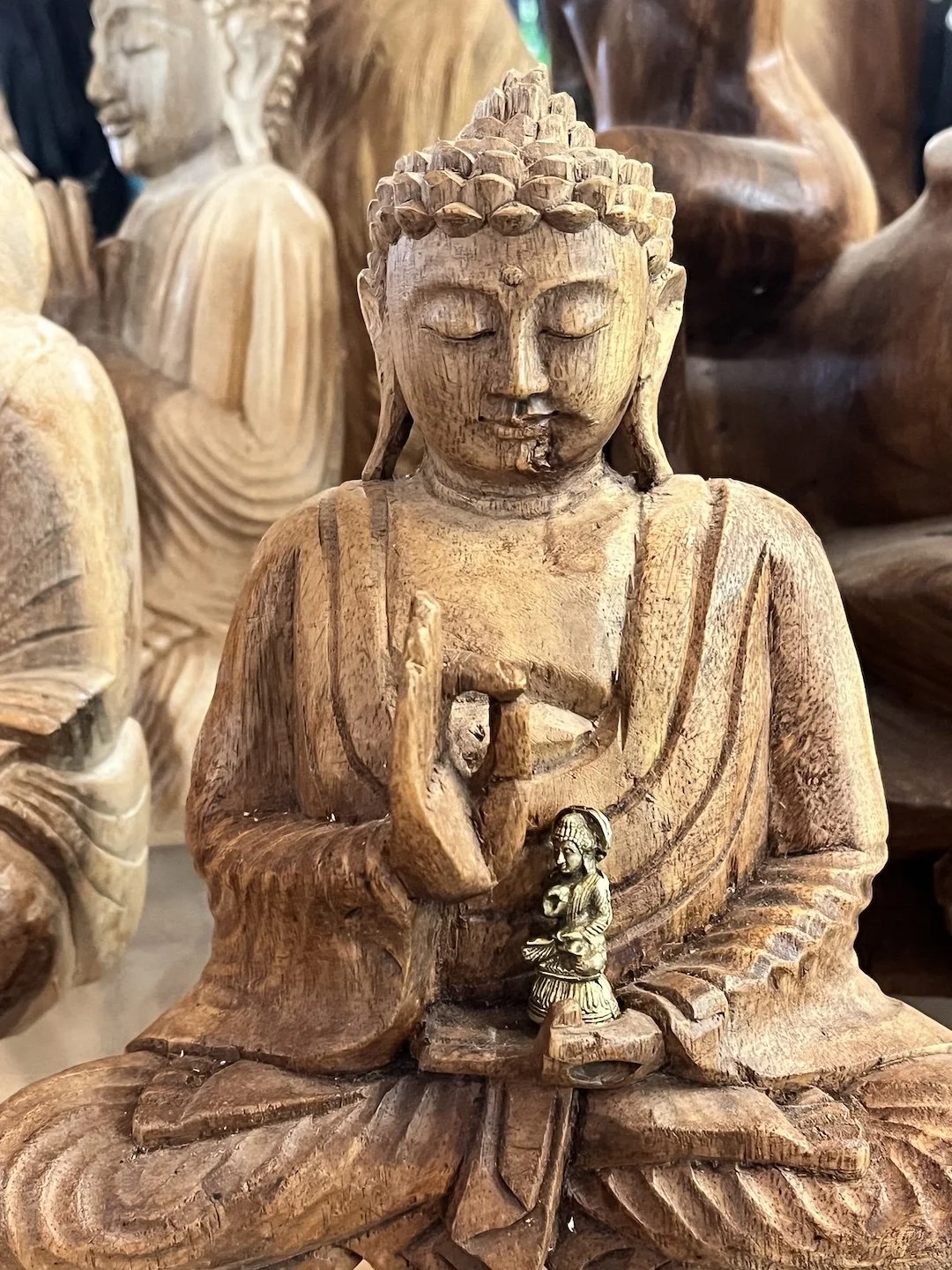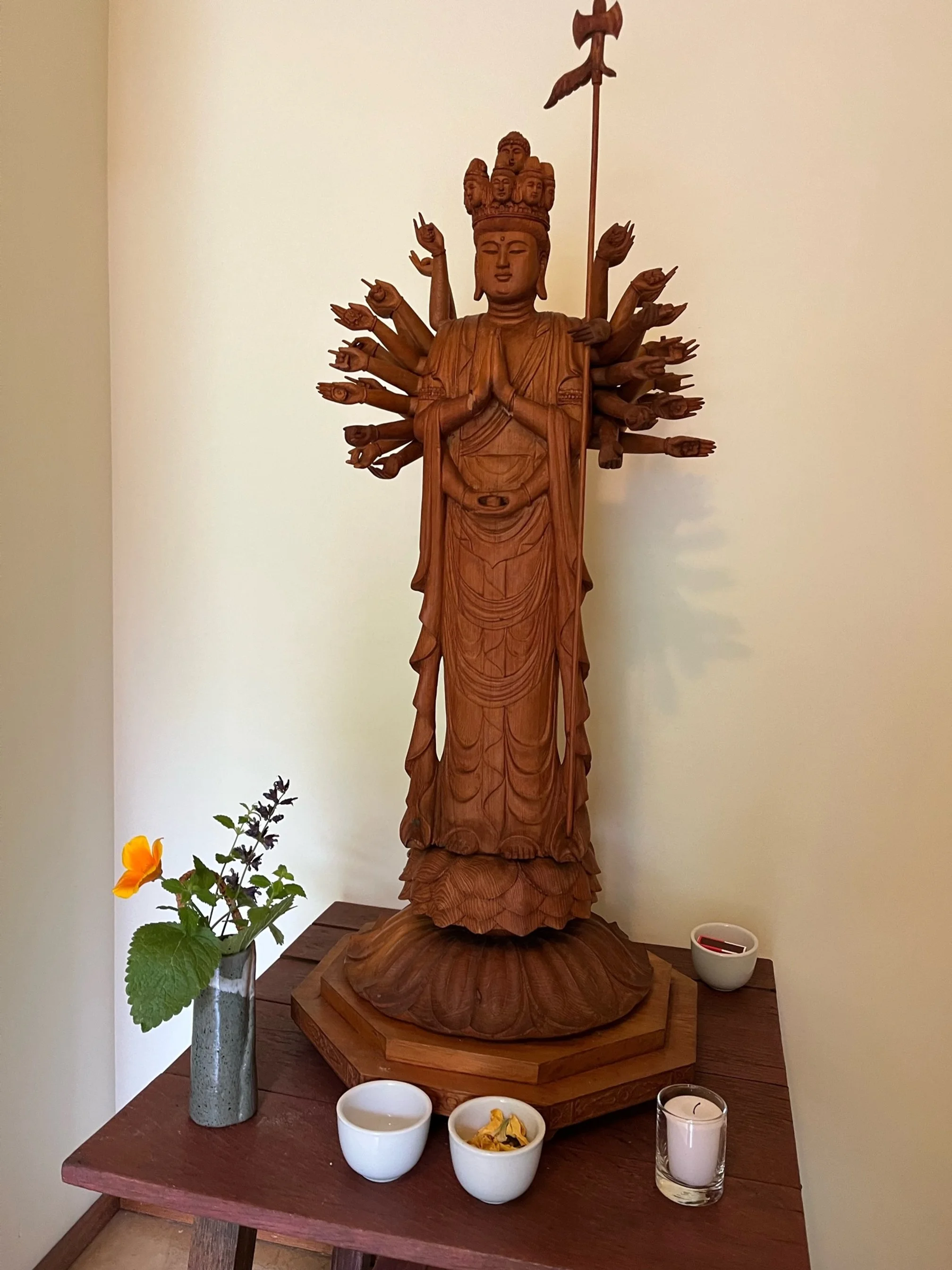People's Climate March: One Earth, One Sangha
/On September 21 in major cities all over the world thousands of ordinary people gathered to march and express their concern for our endangered planet to world leaders meeting in New York for the UN Summit on Climate Change. At the zendo after zazen we listened to the inspiring words of, long-time Buddhist peace and environmental activist, Joanna Macy, and discussed how our practice motivates and supports us to act wisely and skillfully in response to climate change. A number of Mountain Rain members participated in Vancouver’s Climate Change March, where we joined First Nations people, families, nurses, teachers, Green Party members, and friends from the Mindfulness Community and BC Insight Meditation. Let’s let this upsurge of worldwide concern inspire us to speak and act in recognition of our utter interdependence with earth systems, that we may care for them well.
For further inspiration please see One Earth Sangha, an interdenominational Buddhist group dedicated to encouraging dharma-based response to the environmental crises we face. They are hosting Mindfulness and Climate Action: a series of online conversations with leading dharma teachers, available freely with online registration.
Myoshin Kate McCandless and Hosho Marlee Ross at the People's Climate Change March
Friends from BC Insight Meditation at the People's Climate Change March








